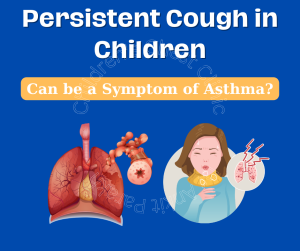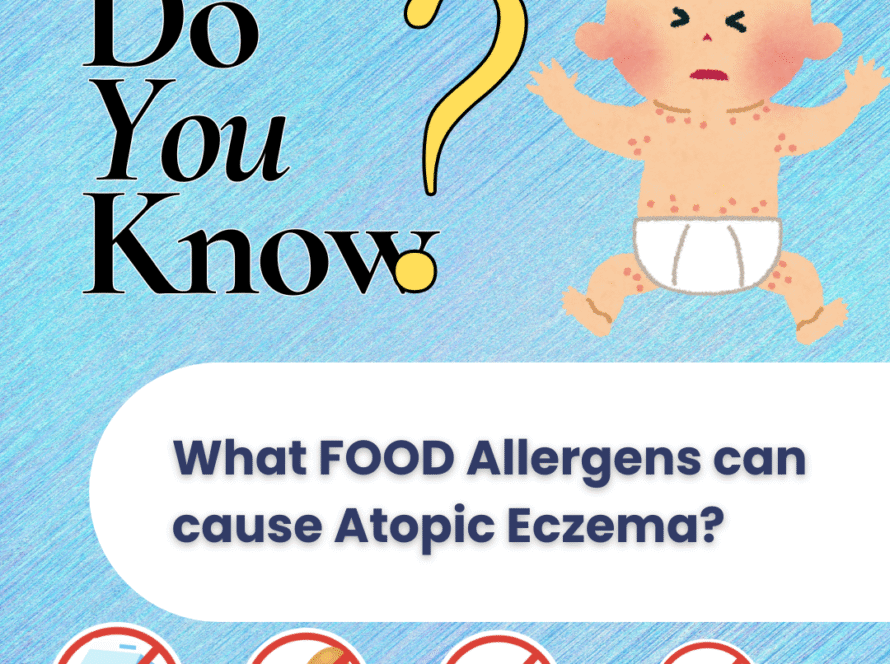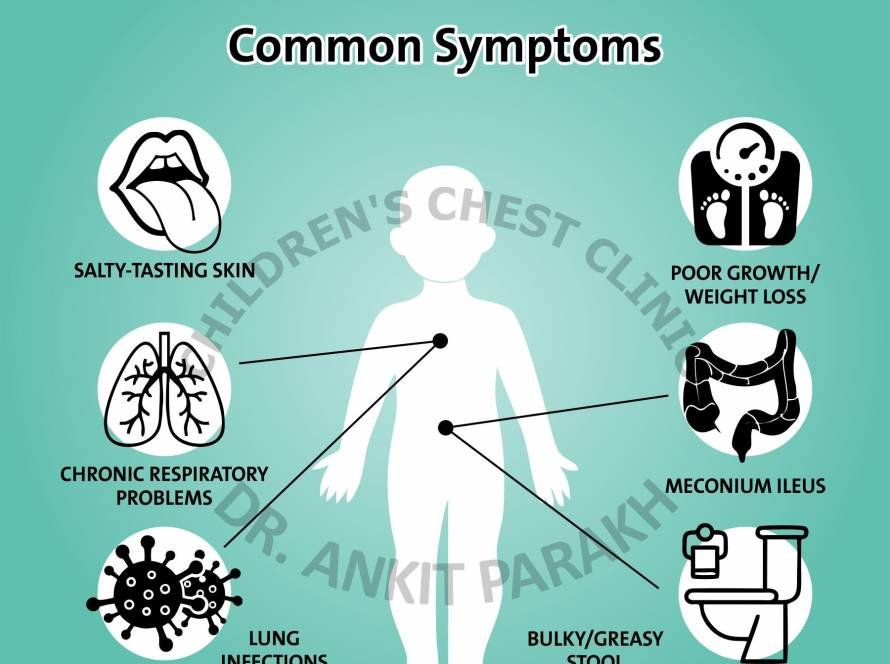Cough in most children resolves in a period of approximately 2 to 3 weeks. In some children, cough persists beyond the period of 4 weeks and is termed as a chronic cough. Prolonged or chronic cough in children can be very irritating, disrupting daily lives, in addition to leading to many other problems such as sleep disturbances, school absenteeism and mood changes. Most children with a persistent or a chronic cough do not get to a proper diagnosis. It is very common for parents to treat chronic cough with over the counter cough syrups and sometimes with antibiotics and nebulisations. In this article we shall discuss the causes of persistent cough in children, how they need to be evaluated and what treatment is required?
What are the causes of persistent cough in children?
The most common causes of persistent cough in children are back-to-back viral infections, pneumonia, asthma, tuberculosis, chronic sinusitis, allergic rhinitis with a post nasal drip, habit cough, bacterial bronchitis and whooping cough. Other causes of chronic cough in children could be suppurative lung disease, bronchiectasis, cystic fibrosis, gastro-esophageal reflux disease.

What are the clinical symptoms or indicators which point towards Asthma as a cause of persistent cough?
Asthma is a very important cause of chronic or persistent cough in children. Cough in children with asthma tend to get worse with physical activity such as running, jumping or sports. Cough related to asthma gets triggered with allergens [exposure to cats or dogs, exposure to dust mites and pollen] and irritants [paints, cigarette smoke, agarbatti, perfumes and deodorants]. Most children with asthma have associated symptoms like wheezing or whistling sound from the chest, breathlessness or chest pain. Although, in some children persistent or a chronic cough might be the only symptom of asthma. Improvement in cough with bronchodilator medications like salbutamol and steroids could also be an indicator for asthma. Children with asthma also tend to have other allergic manifestations, such as nasal allergies or allergic rhinitis, allergic eyes or conjunctivitis, food allergies and atopic dermatitis or eczema.
What investigations are required for diagnosis of persistent cough in children?
A detailed case history and physical examination is the most important initial step in the evaluation of children with chronic cough. Children who have asthma have a wheezing sound in the chest, which can be appreciated with a stethoscope. Other allergic manifestations of eye allergy, nasal allergy and eczema might also be present. The most important investigation which helps to make a diagnosis of asthma in children is a lung function or a pulmonary function test. The most commonly used pulmonary function test in children is spirometry. Impulse Oscillometry is a newer pulmonary function test which can be used in young children between 3 and 6 years of age. X-rays of the chest and sinuses are often required. Some children might require advanced investigation, such as the CT scan of chest, sweat chloride and bronchoscopy test. This depends on a case to case basis.
How do we treat persistent cough in children?
Children who have a persistent or a chronic cough are treated on a case to case basis. Children with Asthma require inhaled corticosteroids given with the inhaler and spacer. Treatment of allergic rhinitis involves using a corticosteroid nasal spray. Children with sinusitis require a prolonged course of antibiotics in addition.
In case your child is having a chronic or a persistent cough which has been lasting for more than 4 weeks. You need to get in touch with a child pulmonologist for a proper evaluation, diagnosis and treatment.






